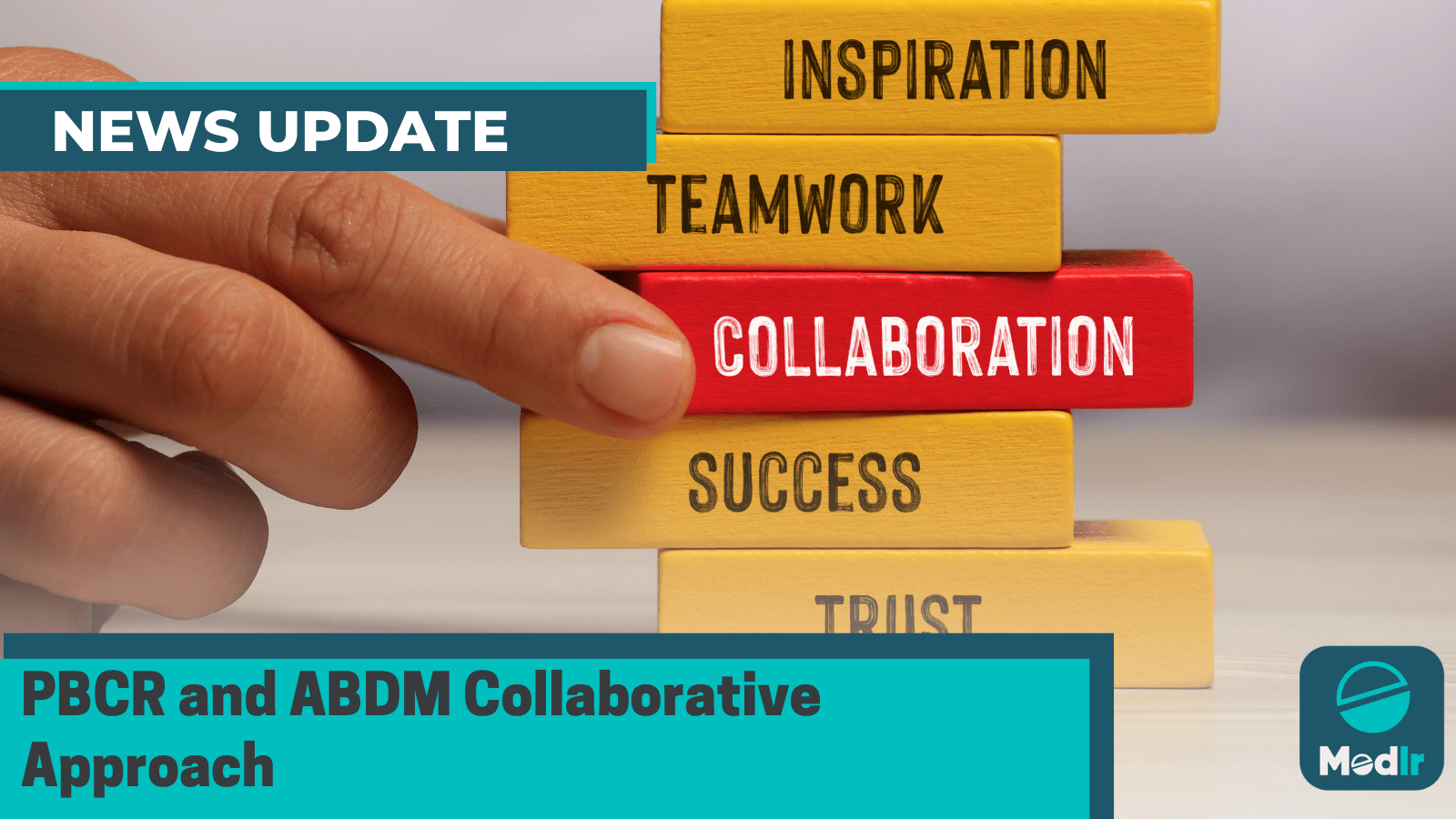PBCR and ABDM Collaborative Approach
Written by Shaveta Arora, Arushi Sharma
A parliamentary committee suggests integrating the Population-Based Cancer Registry (PBCR) with Ayushman Bharat Digital Mission (ABDM) for real-time cancer patient data.

A parliamentary committee has suggested integrating the Population-Based Cancer Registry (PBCR) with the Ayushman Bharat Digital Mission (ABDM) to gather real-time data on cancer patients.
ABDM, a government healthcare initiative, aims to provide digital health IDs to Indian citizens, enabling electronic access to health records. Since its launch in September 2021, ABDM has grown significantly, with over 44 crore ABHA numbers, 2.15 lakh health facilities registered, and over 2.11 lakh healthcare professionals listed in the registry.
Bhubaneshwar Kalita, a parliamentary committee leader, highlighted the importance of precise data on cancer occurrences and types for enhancing treatment approaches and ensuring fair allocation of resources. The committee proposed detaching the National Cancer Control Programme from the National Programme for Prevention and Control of Cancer, Diabetes, Cardiovascular Diseases, and Stroke. The committee believes addressing cancer as a separate entity is advisable, rather than grouping it with other lifestyle and non-communicable diseases.
India's cancer cases reached 14.6 lakh in 2022, with a projected 15.7 lakh by 2025. The most common cancers are lung and breast cancers in men and women, respectively. Lymphoid leukemia is the most prevalent childhood cancer. The increase in cancer cases is linked to population dynamics and growth, with the older age population expected to expand from 8.6% in 2011 to 9.7% in 2022.
Improving cancer prognosis hinges on detecting it early. To combat cancer effectively, the committee proposes integrating cancer screening programs into a mass movement known as "Jan Aandolan Pace." It advocates for designating a specific day each month for cancer screening, akin to initiatives for reproductive and child health. Furthermore, the committee suggests raising taxes on tobacco products to curb their affordability, given that tobacco consumption is a primary contributor to numerous cancers.
The government's goal of connecting the Population-Based Cancer Registry with the Ayushman Bharat Digital Mission aims to facilitate real-time data collection on cancer patients and enhance cancer treatment strategies. These measures align with India's endeavors to combat cancer and enhance healthcare accessibility for its populace.